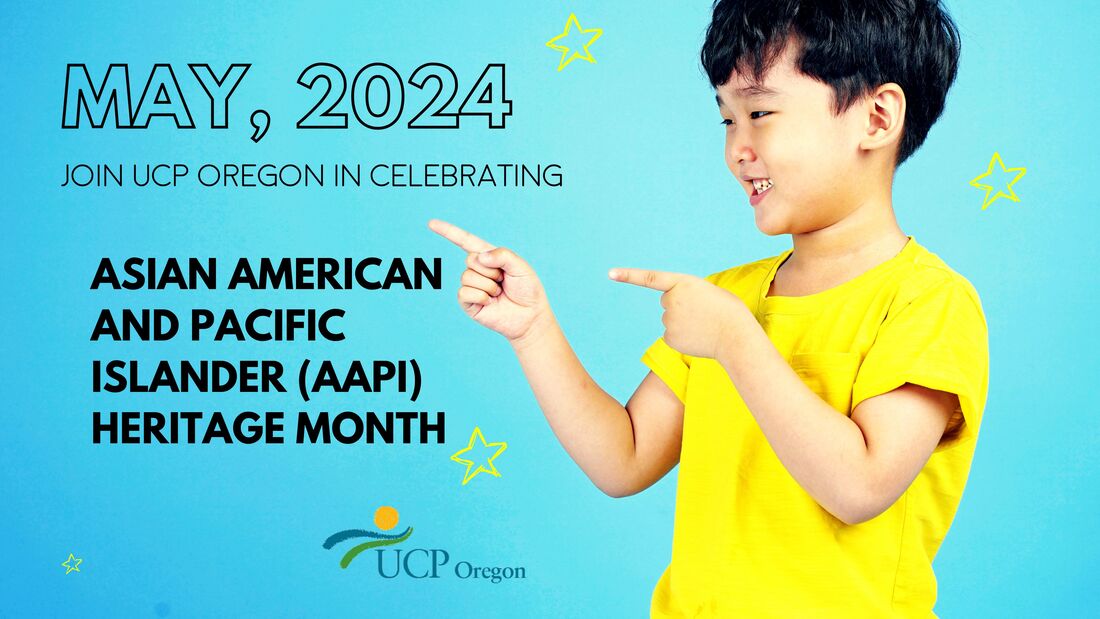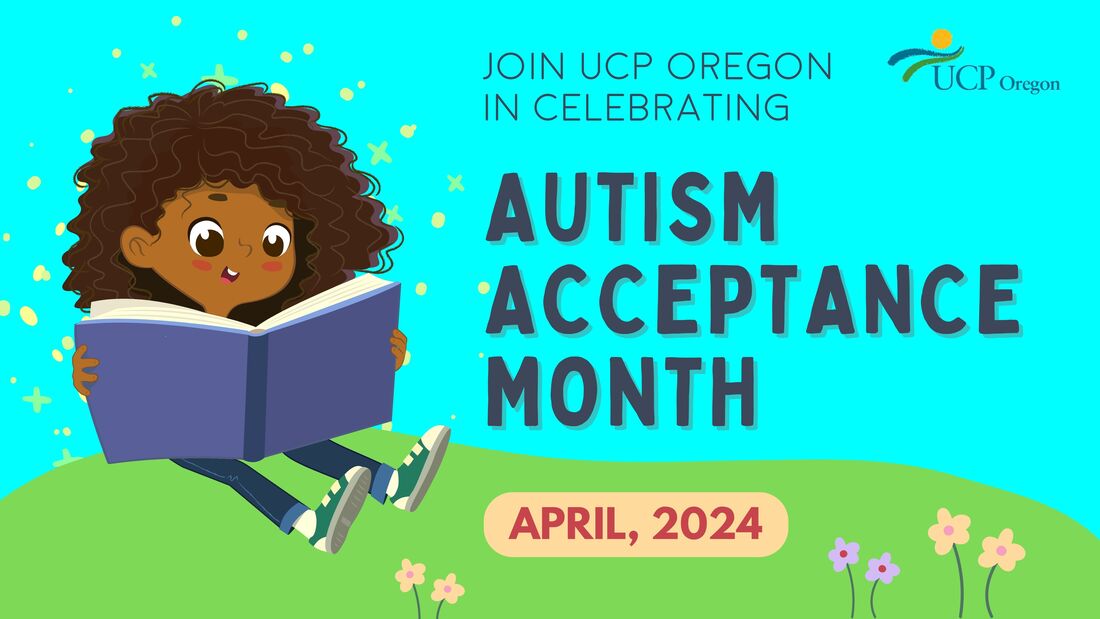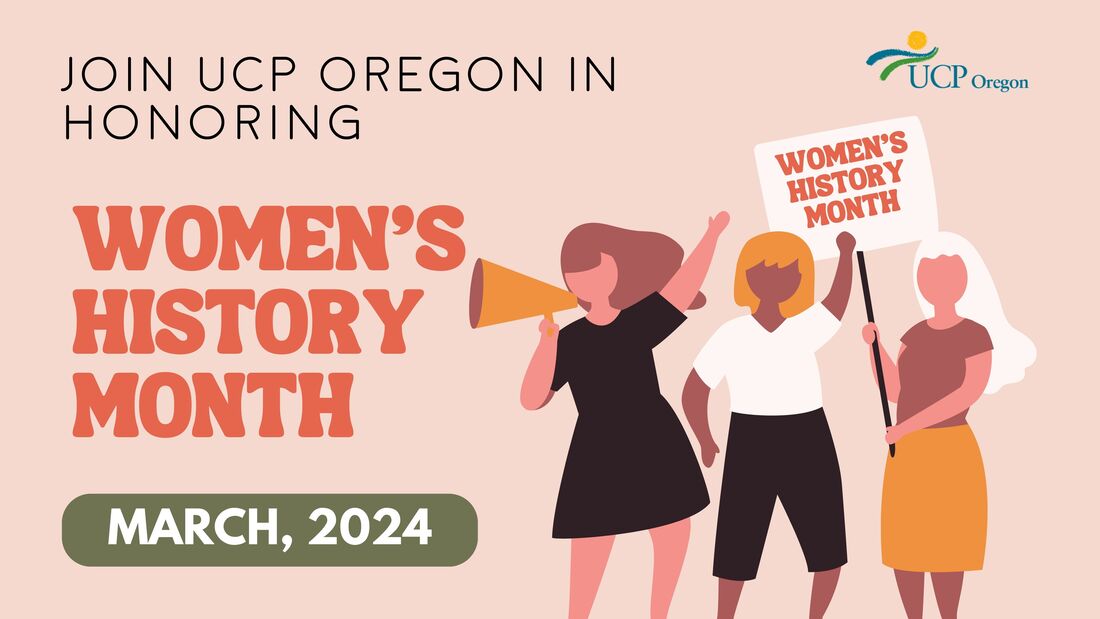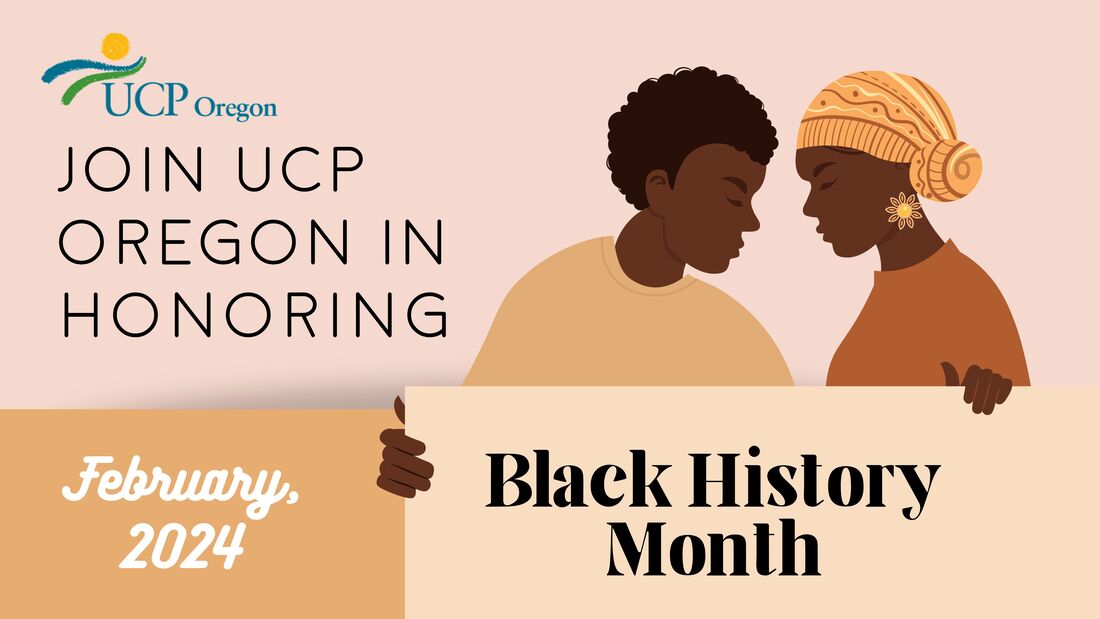|
Happy birthday to the “Americans with Disabilities Act” (ADA)!
We’re proud to tell you that the national UCP organization (United Cerebral Palsy) played a big role in getting the ADA passed. Here, in their words, is what they did:
And it worked! The Americans with Disabilities Act was passed on July 26, 1990. It has been described as “the world’s first comprehensive civil rights law for people with disabilities.” It prohibits discrimination based on disability in employment, public services, public accommodations, transportation, and telecommunications. Today, UCP Oregon celebrates the ADA and the progress our nation has made towards a more inclusive society. But there is still work to be done. Join us in our fight to ensure full equality and accessibility for everyone! This July, UCP Oregon is proud to join the global celebration of Disability Pride Month.
Disability Pride Month is a time to honor the history, achievements, and culture of the disability community. It's a time to embrace and celebrate our unique identities and to amplify the voices of people with disabilities. Join UCP Oregon in celebrating 2024 Disability Pride Month! Together, we can create a more inclusive world where everyone is valued and respected. Curious about the History of Disability Pride Month? Disability Pride Month originated in July 1990, coinciding with the anniversary of the Americans with Disabilities Act (ADA), a landmark law that prohibits discrimination against individuals with disabilities. In 2024, numerous events are scheduled to celebrate Disability Pride Month across various cities. What if you were confined to a state-run hospital against your will? A mere 25 years ago, this was the case for many people with intellectual and developmental disabilities (I/DD).
In 1999, two women (Lois Curtis and Elaine Wilson) found themselves in this situation. As children, Lois and Elaine had both been placed in a state-run psychiatric institution—Lois at age 11, and Elaine at age 15. As adults, they wanted to move back into their own communities. But the state wouldn't let them. Over the years, Elaine Wilson found herself living in 36 different institutions. As she later said, "When I was in an institution, I didn't like myself. I was trapped. I thought, ‘Oh God, oh God, when am I ever going to leave here?’" Elaine and Lois out to an attorney named Sue Jamieson at Atlanta Legal. Sue helped them sue the state, and eventually the case went all the way to the Supreme Court. On June 22, 1999, the Supreme Court ruled that segregation and institutionalization of people who experience disabilities is unlawful discrimination. After the decision, both Lois and Elaine were able to live in the community. Lois Curtis became an artist and ran her own business. In 2011, she presented one of her paintings to President Obama in the Oval Office. Both Lois and Elaine have passed away, but their legacy and courage will live on forever. You can learn more about them, and the Olmstead case, here: https://www.aapd.com/statement-olmstead-25/. FROM THE DESK OF ANN COFFEY: |
NEWS Archives
July 2024
Categories
All
|









